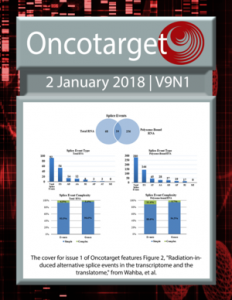
What Caught Our Attention: Last year, researchers led by David Allison at the University of Alabama at Birmingham’s School of Public Health called for the retraction of an article linking weight loss and obese female yoga participants in the International Journal of Yoga, citing problems with randomization and baseline statistics. Despite the first author’s statement that he planned to retract the article, the journal refused to retract it. Continue reading Caught Our Notice: “Ironically,” same error in same journal “was noted last year”






